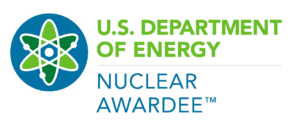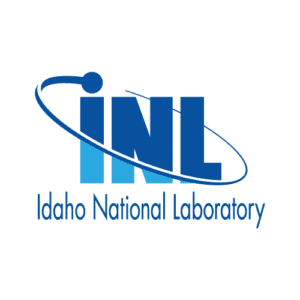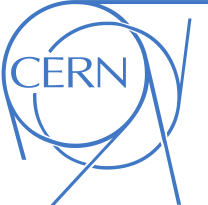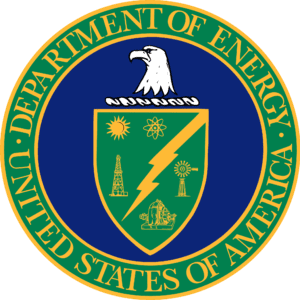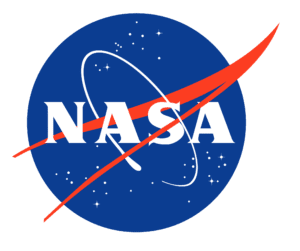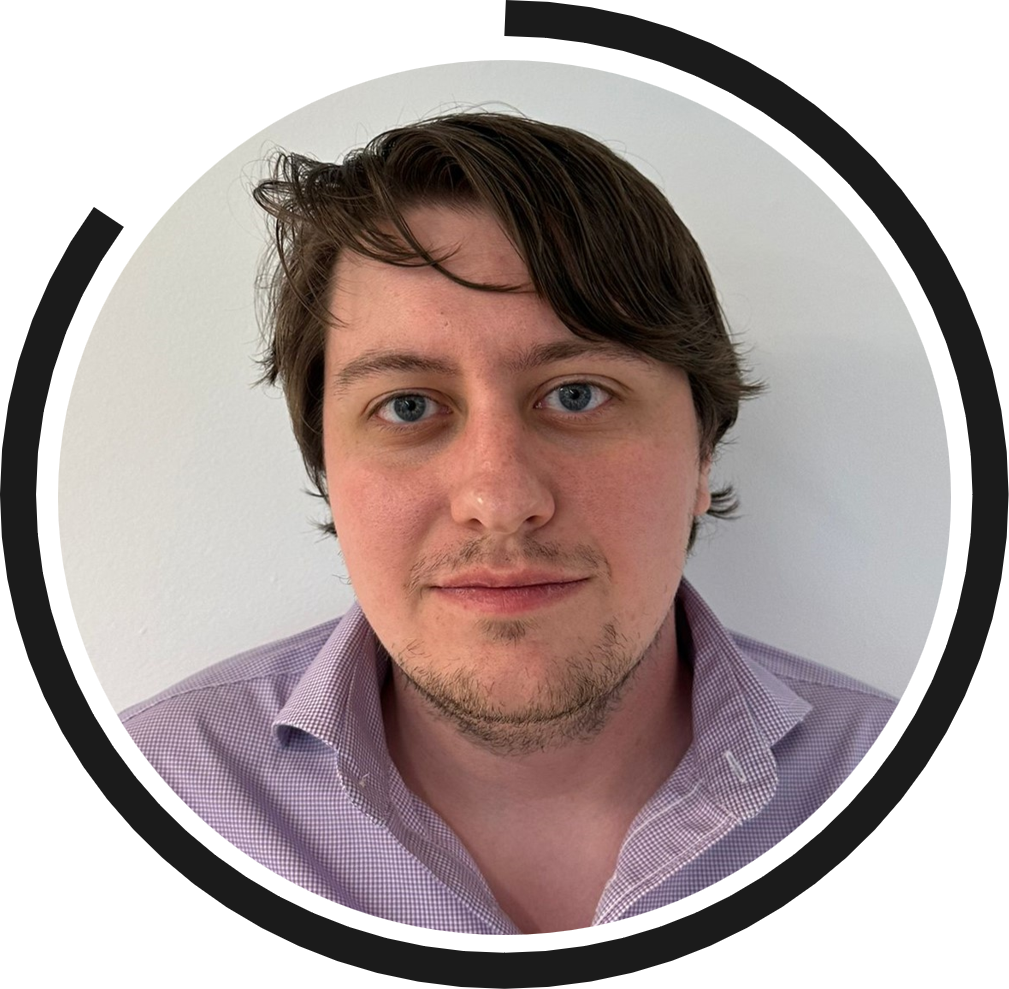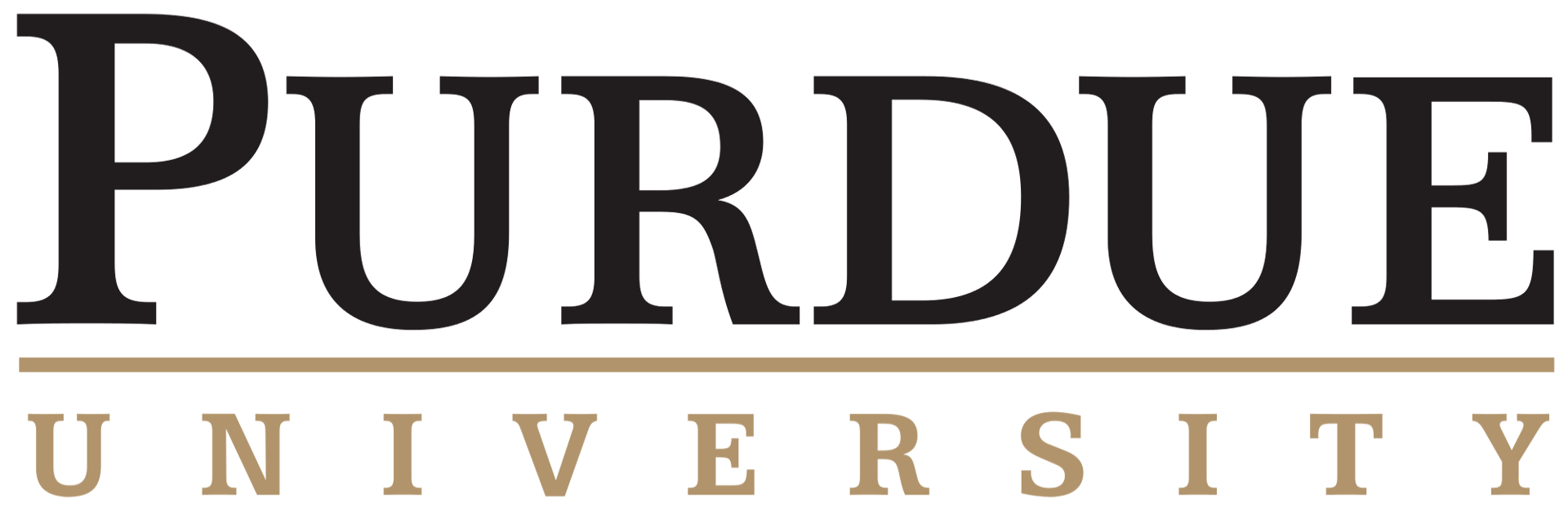James Walker, BEng, MSc, CEng, PEng
CEO, Head of Reactor Development & Board Member
Mr. Walker is a Nuclear Physicist and was the project lead and manager for constructing the new Rolls-Royce Nuclear Chemical Plant; he was the UK Subject Matter Expert for the UK Nuclear Material Recovery Capabilities and was the technical project manager for constructing the UK reactor core manufacturing facilities. Mr. Walker was also seconded to Rolls Royce where he modeled configurations of RR’s Zero-Power reactor to inform confidence limits for the UK’s successor submarine’s mechanical design and worked for the Rolls-Royce Nuclear Thermal Hydraulics Engineering team investigating reactor channel thermal performance to inform new reactor designs and support the safety case for reactors in current class submarines. Mr. Walker’s professional engineering experience includes nuclear reactors, mines, submarines, chemical plants, factories, mine processing facilities, infrastructure, automotive machinery, and testing rigs.
Mr. Walker has extensive experience in engineering and project management, particularly within nuclear engineering, mining engineering, mechanical engineering, construction, manufacturing, engineering design, infrastructure, and safety management. He has executive experience in several public companies, as well as acquiring and re-developing the only fluorspar mine in the United States.
Mr. Walker is also a Director of Ares Strategic Mining Inc. and holds degrees in Mechanical Engineering, Mining Engineering, and Nuclear Engineering, as well as qualifications in Project Management and Accountancy. He is a Chartered Engineer with the IMechE, a Project Manager Professional with the APM, and a Professional Engineer with the Engineers and Geoscientists BC.
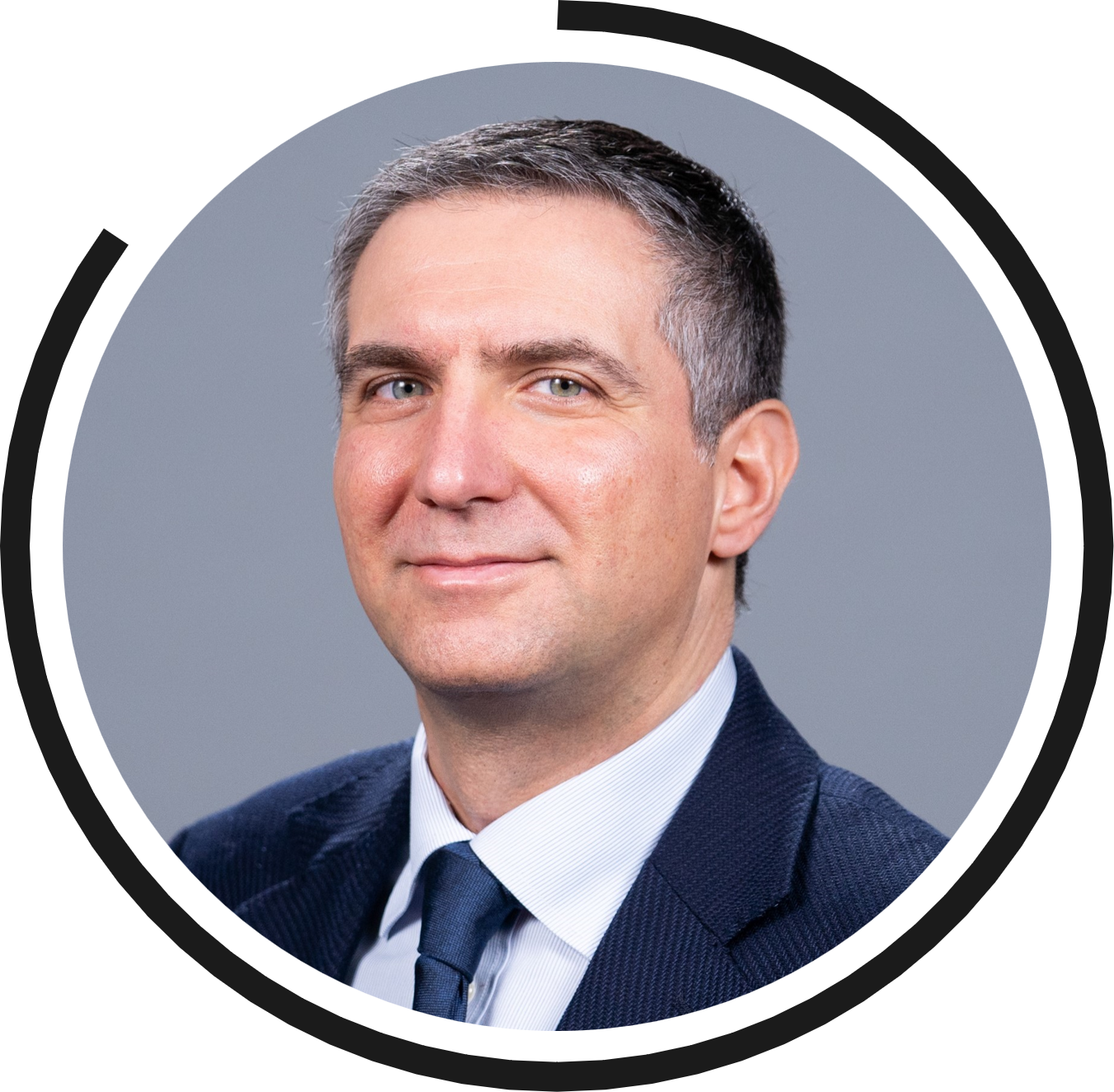
Professor Massimiliano Fratoni
Senior Director and Head of Reactor Design
Massimiliano Fratoni is Xenel Distinguished Professor and Chair in the Department of Nuclear Engineering at the University of California, Berkeley (UCB). He received a Laurea in Nuclear Engineering from Università di Roma “La Sapienza” (Italy), and a MSc and a PhD from the University of California, Berkeley. Prior to joining the Nuclear Engineering Department at UCB, he held a Research Scientist position at the Lawrence Livermore National Laboratory and a faculty position at The Pennsylvania State University.
Prof. Fratoni’s main research interests are in sustainable nuclear energy through advanced reactors and advanced fuel cycles. His research is focused on developing innovative engineering solutions that will facilitate the widespread deployment and adoption of advanced nuclear energy technologies. Prof. Fratoni is author of more than 200 publications in the areas of advanced reactors and advanced fuel cycles. He received the American Nuclear Society Early Career Reactor Physicist Award (2018) and the Untermyer & Cisler Reactor Technology Medal (2024).
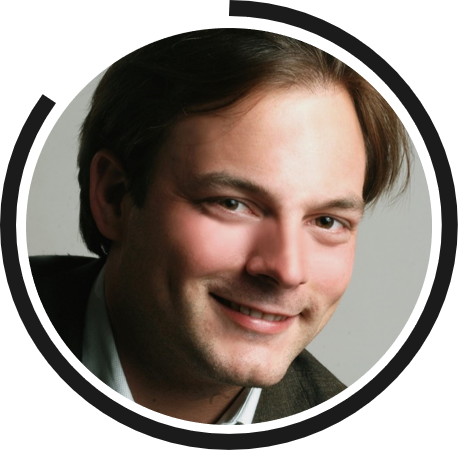

Professor Peter Hosemann
Head of Nuclear Reactor Design and Materials
Professor and Former Department Chair of Nuclear Engineering Department in UC Berkeley. Prof. Hosemann’s career started at the Montanuniversitaet Leoben in Austria where he received his Ph.D. and MS degree in Material Science. He joined Los Alamos National Laboratory in 2005 as a graduate research assistant and continued as a Post doc from 2008-2010 before joining UC Berkeley’s nuclear engineering department.
Prof. Hosemann had numerous research stays at the Paul Scherrer Institute in Switzerland and Los Alamos National Laboratory. His research features experimental material science for extreme environments, especially nuclear environments. His focus is on structural materials used for nuclear components (fission, fusion, spallation, etc.) while developing a basic understanding of the materials degradation processes and resulting consequences to engineering application.
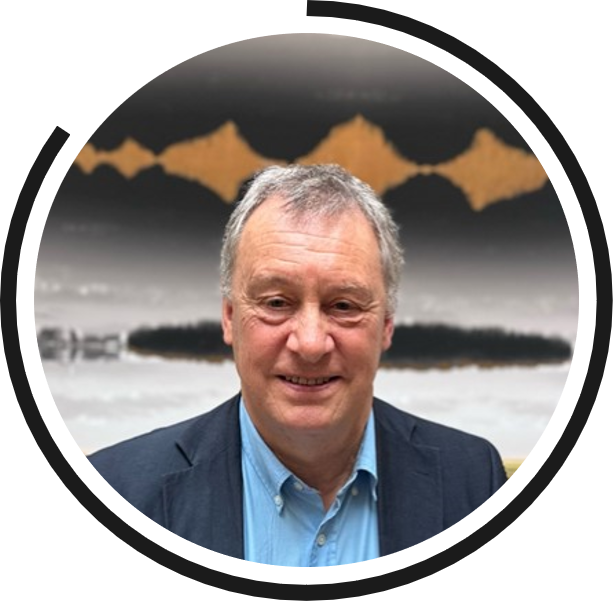

Professor Ian Farnan
Lead of Nuclear Fuel Cycle, Radiation and Materials
Chair of Cambridge Nuclear Energy Centre, Professor of Earth & Nuclear Materials part of Department of Earth Sciences. Dr. Farnan is an expert in the effect of nuclear radiation on materials and has developed nuclear magnetic resonance methods to provide an element specific probe of radiation damage and actinide substitution in a range of materials from nuclear fuels and claddings to waste forms. His current research involves the investigation of the alteration mechanisms of spent nuclear fuel and nuclear waste glasses as a function of radiation damage and aqueous processes. He has extensive experience of high temperature materials and is currently involved in supporting the development of molten salt technology through fundamental research on in situ measurements on dissolution and speciation in molten salts. He has led national (UK EPSRC) and international (Euratom) research consortia including the RCUK/NDA spent fuel research group and more recently within the EPSRC advanced materials for fission program, the consortium Carbides for Future Fission Environments. He is a Discipline Lead for Nuclear Waste Services-RSO in Materials Science.
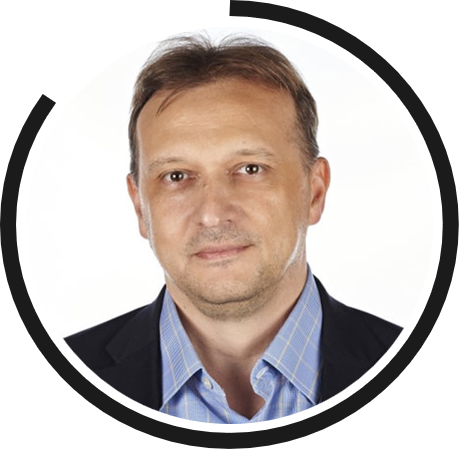

Professor Eugene Shwageraus
Lead of Nuclear Reactor Engineering
Professor of Nuclear Energy Systems Engineering at the University of Cambridge Engineering Department, Dr. Shwageraus was the Head of Nuclear Engineering Department at Ben-Gurion University, Israel and Visiting Associate Professor at the Nuclear Science and Engineering Department at MIT. Dr Shwageraus’s research is focused on physics and engineering of nuclear power reactors as well as modelling of nuclear systems to assist policy decision making. His research is focused on modeling techniques and design of advanced nuclear energy systems intended to address future global energy needs in environmentally conscious and resource-sustainable way.
A part of Dr. Shwageraus research is dedicated to studying Thorium based fuel in combination with advanced cladding material such as SiC which may be capable of achieving ultra-high burnup (long fuel cycles at high power densities) while at the same time providing higher safety margin. Dr. Shwageraus has led multiple government and industry-sponsored research projects on developing advanced reactor designs. He is a co-PI on a £7M UK EPSRC sponsored program grant MATHRAD which will apply the latest mathematical methods to radiation transport modelling in nuclear industry, space and medicine.
Carlos O. Maidana, Ph.D., MBA
Head of Thermal Hydraulics and Space Program
Dr. Carlos O. Maidana is a distinguished physicist and research engineer with over 22 years of international experience in the fields of engineering, applied sciences, and nuclear systems. As the founder of MAIDANA RESEARCH, Dr. Maidana has led a diverse range of cross-disciplinary projects, covering the entire design and development cycle from concept studies to optimization using advanced theoretical, computational, and experimental techniques. Dr. Maidana has held prominent positions in some of the most prestigious research institutions globally. He served as a Senior Research Fellow and Scientific Secretary at CERN, the European Organization for Nuclear Research, where he contributed significantly to advancements in high energy particle accelerators. Additionally, he was a Research Associate at the Idaho National Laboratory, where he focused on space nuclear systems and technologies, working on joint DoE/NASA projects. Dr. Maidana has been awarded several DoE SBIR grants for his pioneering work in advanced nuclear technologies. Dr. Maidana is recognized as the leading authority worldwide in engineering magneto-hydrodynamics, particularly in the area of annular linear induction pumps (ALIPs) and thermo-hydraulics of liquid metals and molten salts. His expertise in these fields has been instrumental in advancing the technology and its applications.
Dr. Maidana holds a Ph.D. in Engineering and Applied Science (Physics) from Idaho State University, an M.Sc. in Physics from Michigan State University, and a B.Sc. in Physics and Applied Physics from Universidad Tecnológica Nacional in Argentina. He has also completed post-doctoral training in Applied Engineering for Space Nuclear Systems at Washington State University. Additionally, he holds various certificates in research commercialization and project management. At Nano Nuclear Energy, Dr. Maidana is task to help grow the company’s consulting services and the DoE SBIR Phase 3 Project Director, where he plays a crucial role in the development and commercialization of advanced technologies. His work is pivotal in optimizing and simplifying the design of Nano Nuclear’s ‘ODIN’ microreactor, a clean energy, advanced portable micro nuclear reactor in development.
Jeffrey L. Binder, Ph.D., MBA
Head of Nuclear Laboratory and Technologies
Dr. Binder has had over a 30-year career in applied energy technology as both an engineering & scientific contributor and high impact leader. His experiences include nuclear reactor technology, renewable energy, advanced/critical materials, and manufacturing technology. He had significant international experience following the Soviet Union collapse supporting nuclear safety and security. He has had multiple leadership roles including Associate Laboratory Director for applied energy at Oak Ridge and Argonne National Laboratories, and the Founding Director of the University of Illinois Applied Research Institute. Dr. Binder has significant international experience in promoting nuclear and renewable energy technology. From 2019 to 2021 he developed the vision, strategy, and teaming for Associated Universities, Inc. to propose and be awarded a Chilean institute committed to developing clean technologies in the mining, power, battery, manufacturing, and related industrial sectors, the Instituto Chileno de Tecnologías Limpias (ICTL). He has a Ph.D. in nuclear engineering from the University of Illinois at Urbana-Champaign and an MBA from the University of Chicago. He is the author or co-author of over 100 publications, articles, and conference submittals.
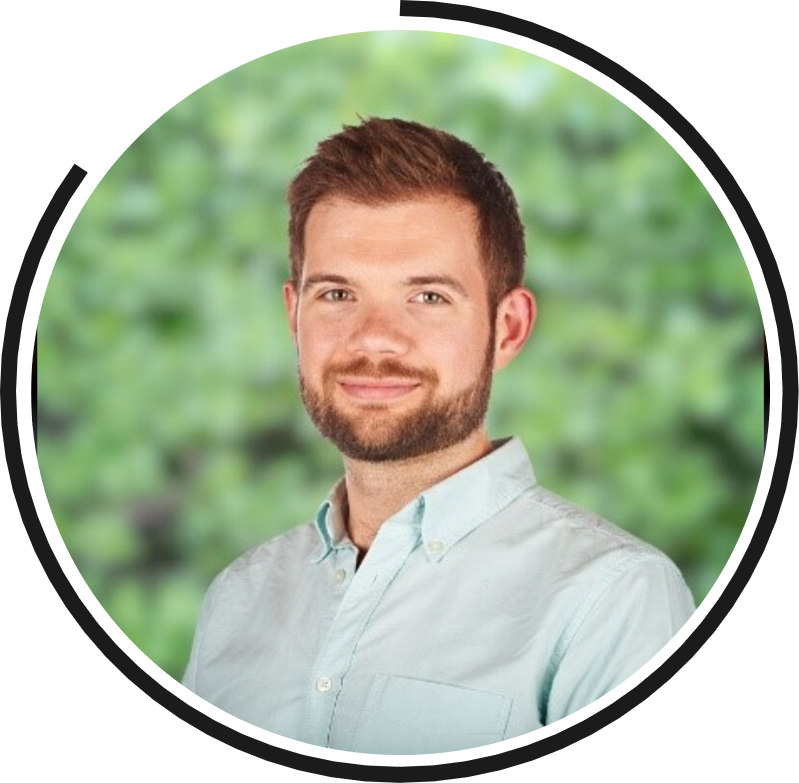

Nathaniel Read, Ph.D.
Chief Safety Case Engineer
Dr. Read’s present work is concerned with detecting the early signs of nuclear power station decline, whether technical or organizational, that could lead to an accident. Following the Chernobyl accident, it was recognized that a single incident can have global consequences, leading to the establishment of the World Association of Nuclear Operators (WANO). This organization conducts periodic reviews of the global nuclear power station fleet and collects data on operational incidents, including those that are relatively minor. Dr Read’s current postdoctoral work seeks to apply modern machine learning techniques to this dataset to attempt to detect early signs of station decline that could lead to an accident. This vein of thinking emerged after the Three Mile Island incident, after which it became clear that focusing on seemingly small operational details can greatly reduce the probability of large accidents as well improving plant reliability and economics. His research continues in the same philosophy but with the modern advantages of large datasets and the tools to understand them.
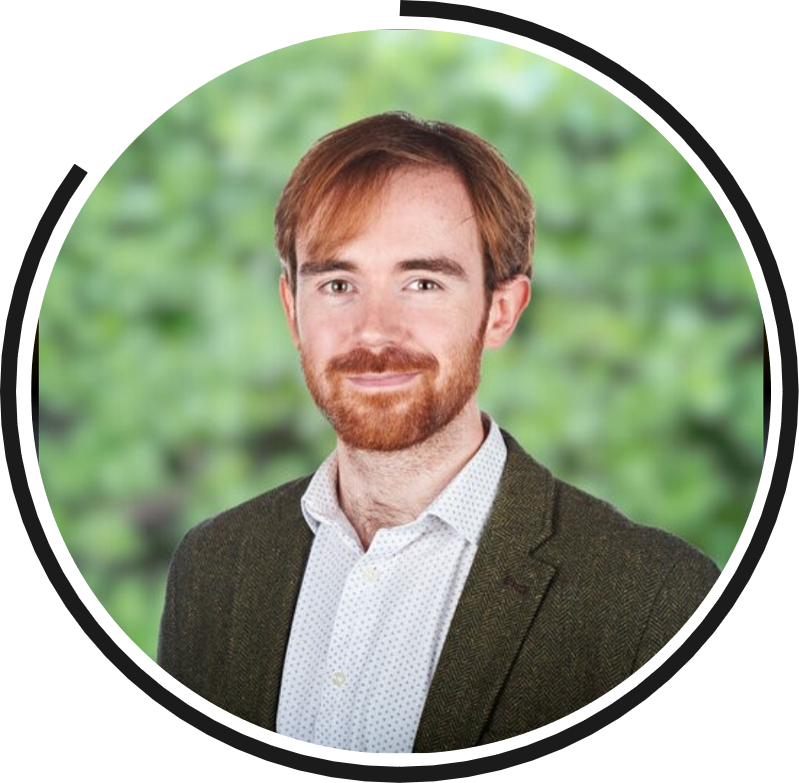

Paul Cosgrove, Ph.D., BEng
Head of Computational Methods
After obtaining a BEng in chemical engineering at Queen’s University, Belfast, Dr. Cosgrove completed his MPhil and PhD in nuclear engineering at the University of Cambridge. He now teaches computational methods in nuclear engineering and supervises research projects on the topic. His research interests include stochastic and deterministic methods in radiation transport, multi-physics simulation, numerical analysis, and advanced reactor design.
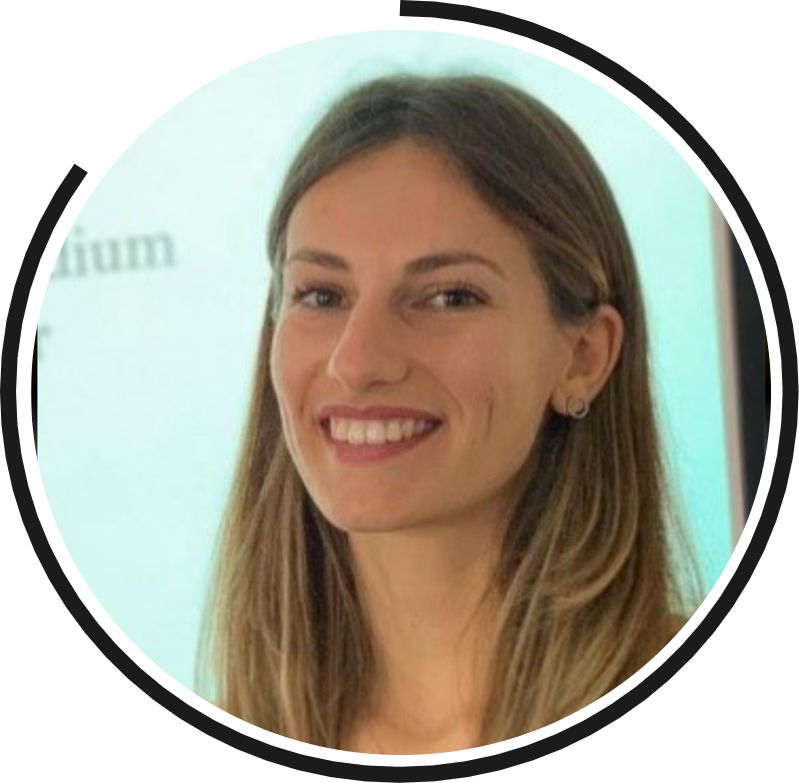

Valeria Raffuzzi, Ph.D., MSc
Head of Criticality and Shielding
Dr. Raffuzzi obtained her Bachelor degree in Energy Engineering at Politecnico di Milano, her Master’s degree in Nuclear Engineering at EPFL/ETH, and her PhD at the University of Cambridge. Her research focuses on developing novel methods to improve Monte Carlo neutron transport simulations. Valeria is experienced in computational methods for fission and fusion nuclear reactors, criticality and shielding calculations.







